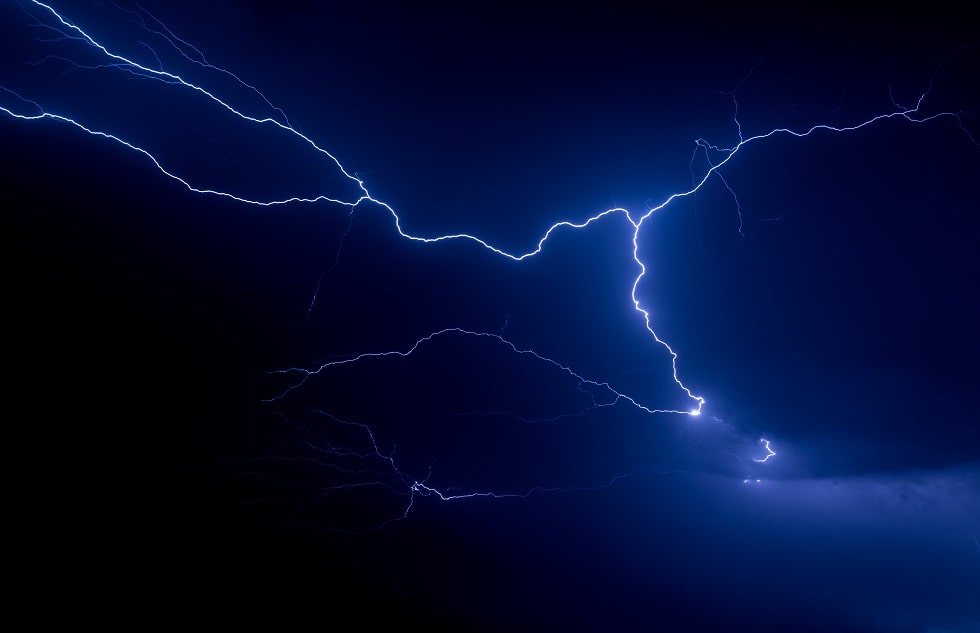If you live anywhere in Florida, you understand how much lightning occurs during the rainy season. Afternoon thunderstorms, tropical waves, and hurricanes all bring lightning into the state.
Florida is often called the lightning capital of the country because of the number of strikes we experience each year.
Since it is inevitable that something will be struck by lightning during these storms at one point or another, a very big question for Florida homeowners is: Does insurance cover lightning strikes?
Does Insurance Cover Lightning Strikes?
Yes, homeowners insurance does cover lightning damage. However, a lightning strike insurance claim will always be met with resistance by the insurance company. As most Florida homeowners have experienced in the past, homeowners insurance claims for storm damage are often a challenge.
Insurance companies are quick to deny lightning insurance claims because they will say that many of the items you have claimed were damaged were unrelated to the strike or that there is no proof that a strike occurred. It will be up to the homeowner to prove that the lightning strike occurred and that the damage was a direct result.
How To Prove To Insurance Damage Is From Lightning
Wondering “How to prove to insurance damage is from lightning?“
To prove that lightning has damaged your home and belongings, you will need to show proof. A hole, char marks, or other damage to the exterior of your home is great proof and should be photographed as soon as it is safe to go outside.
However, a ground strike near your home can cause damage to the electrical system of your home as well as to the plumbing. You may also want to look for char marks and holes in your yard and take pictures of these as well.
The next thing that you will need to do is call an electrician and/or a plumber to come out and check the things that have been damaged. They can document that the damage was caused by a lightning strike and what the cost of replacements or repairs will be. Both of these items will be crucial to turn over to your insurance company to make a claim.
When a house is hit by lightning electrical problems can occur throughout the home itself or to anything that was plugged into the sockets. It is not uncommon to lose appliances that were plugged into the wall or major appliances like your water heater or air conditioning unit that are wired into the home. Check all of these items so that you can make a complete claim.
Does Car Insurance Cover A Lightning Strike?
A car hit by lightning will have electrical problems. Some strikes may do enough damage to total the vehicle because the operating system no longer works. When you make a claim for this type of damage, you will need to show proof, just like with a home damage claim.
If you have comprehensive coverage of your vehicle, it will most likely cover this type of damage. If you do not have comprehensive insurance and the strike occurred in your driveway or on your property, you may be able to claim the damage against our homeowner’s policy. However, this will be a difficult claim to process, and you will be met with resistance by the insurance company.
Contact An Attorney About A Lightning Damage Insurance Claim
If you need to make a claim for lightning damage against your home or your vehicle, it will be in your best interest to speak with a Florida property damage lawyer. An attorney can make sure that the insurance company complies with the terms of their policies and covers your damage.
Attorneys understand the way insurers try to avoid paying claims. Your attorney will make sure that the insurer treats you fairly and provides you with the compensation you need to repair or replace damaged items inside and outside your home. This will also cover damage to your vehicle from a lightning strike.
If you live in Florida, you have to deal with lightning; that is just a fact. However, you do not have to deal with an insurance company not honoring their policies when your home or vehicle has been damaged by lightning. If you’re having difficulty with an insurance claim, the Florida property damage attorneys at Landau Law may be able to help. Contact us today for a free and confidential consultation.
Insurance Blog Posts
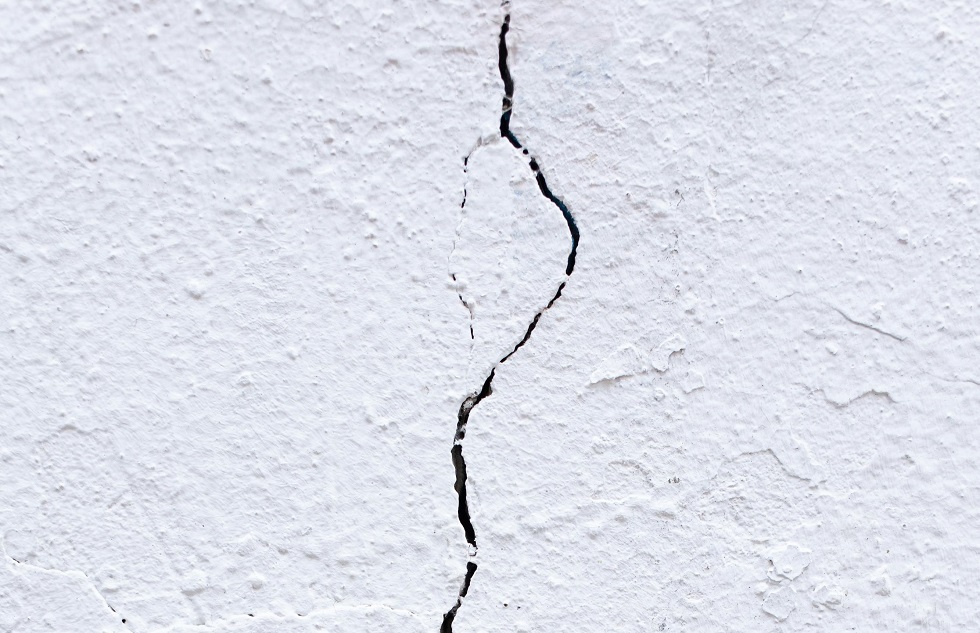
How Do Home Insurance Companies Determine Pre-existing Damage?
Home insurance companies employ various methods to assess pre-existing damage when evaluating property damage claims. This process is crucial for insurers to determine the validity and extent of coverage for property damage. Insurance adjusters conduct thorough visual...

Signs Your Insurance Adjuster Estimate Is Too Low
Insurance claims can be complex, and receiving an adjuster's estimate that seems too low is a common frustration for policyholders. Recognizing the signs of an undervalued estimate is crucial to ensure fair compensation for property damage or losses. Key indicators of...
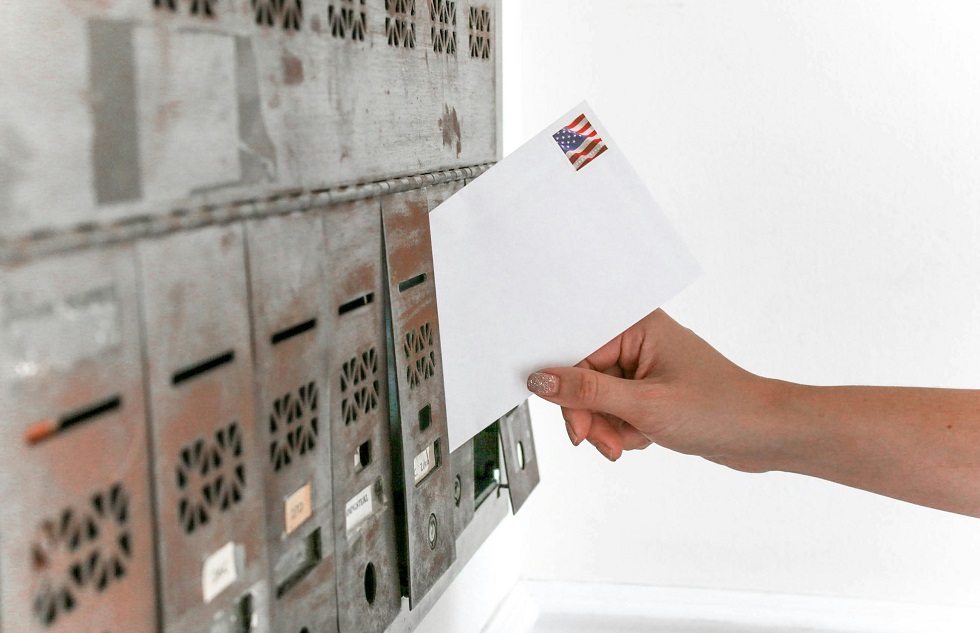
What To Do If You’re Denied Hurricane Damage Claim For Home
Hurricane damage can be devastating for Florida homeowners, leaving them in a state of distress and financial uncertainty. When insurance claims for such damage are denied, it adds another layer of stress to an already difficult situation. Facing a denied claim...
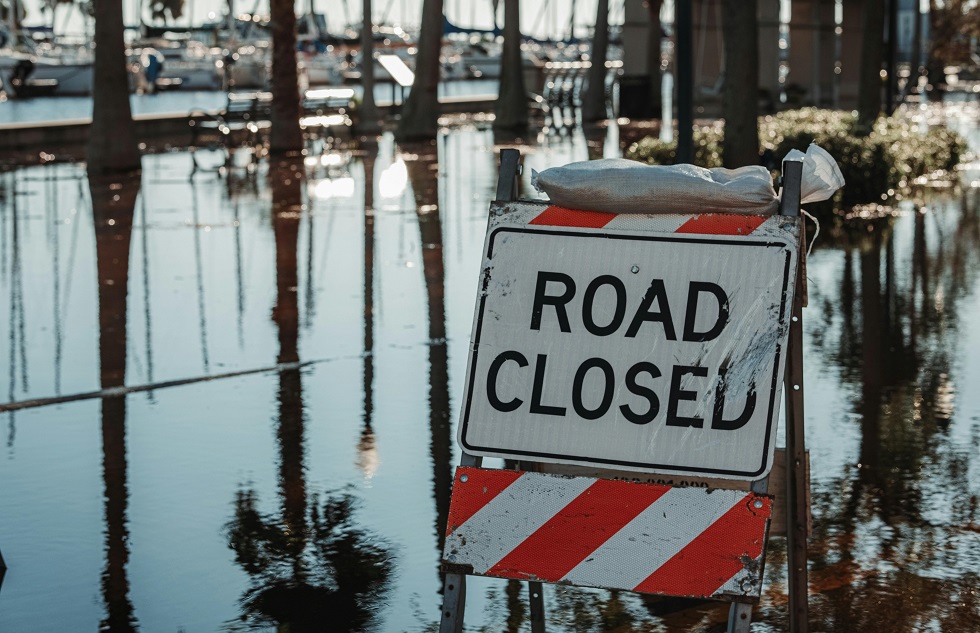
Guide To Documenting Damages For A Florida Flood Claim
Proper documentation of flood damage is crucial for a successful insurance claim in Florida. When floodwaters recede, homeowners face the daunting task of assessing and recording the extent of their losses. Thorough documentation, including photos, videos, and...

What To Do If You Disagree With A Home Insurance Adjuster
Dealing with a home insurance claim can be stressful, especially when you disagree with the adjuster's assessment. Many homeowners find themselves in this frustrating situation after experiencing property damage or loss. If you disagree with the insurance adjuster's...

Common Reasons Your Florida Hurricane Damage Insurance Claim May Be Denied
Florida homeowners face a daunting challenge when their hurricane damage insurance claims are denied. Understanding the common reasons for these denials can help you navigate the claims process more effectively. Insurance companies may deny claims due to inadequate...
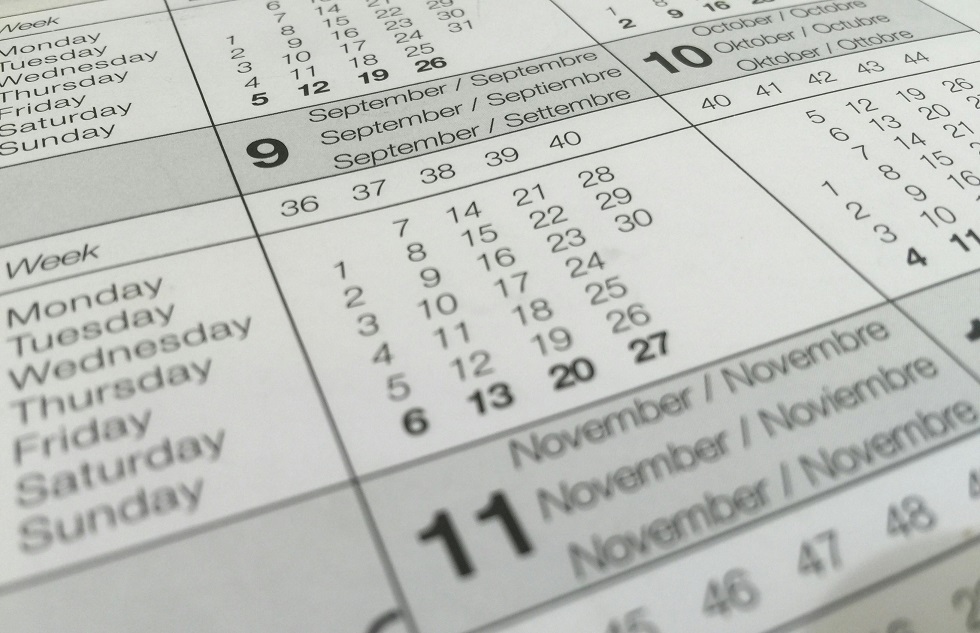
How Long Does An Insurance Company Have to Pay a Claim in Florida?
How long does my insurance company have to settle a claim in Florida? Dealing with insurance claims can be a complex process, especially when you're unsure about the timeline. In Florida, insurance companies don't have a specific deadline to pay out claims. Instead,...

How To Prepare For A Recorded Statement
Giving a recorded statement for an insurance claim can be a crucial step in the process. It's important to approach this task with careful preparation and a clear understanding of its potential impact on your claim. Take time to outline the key facts of your claim...




